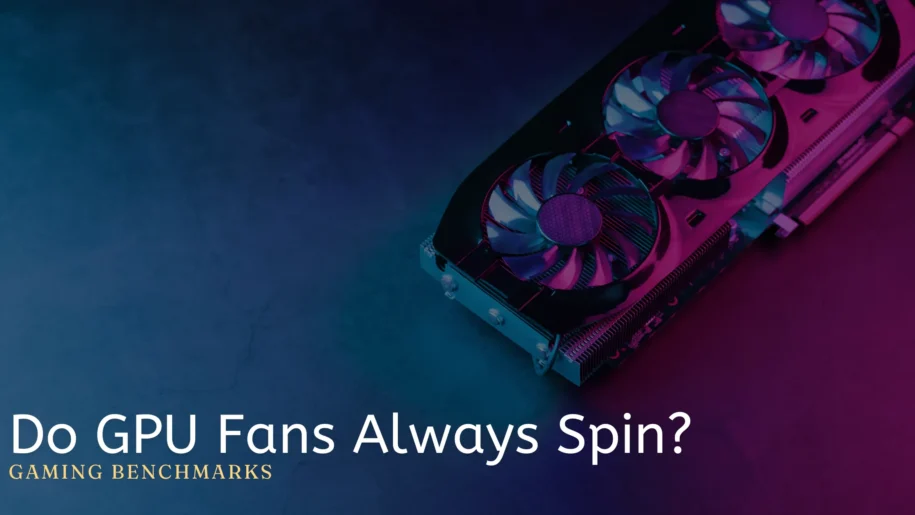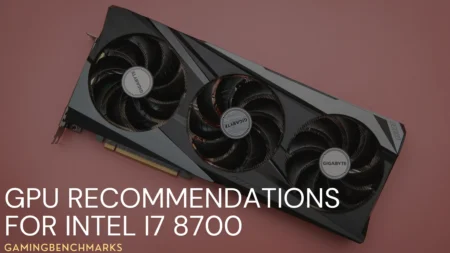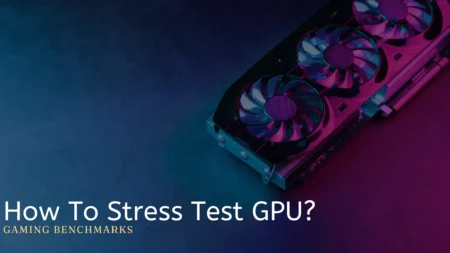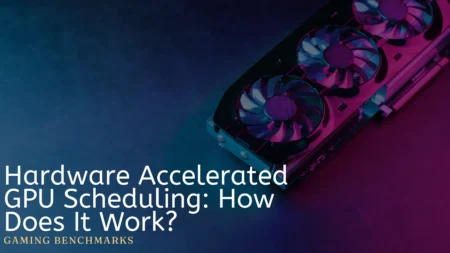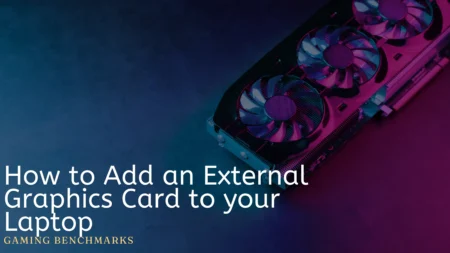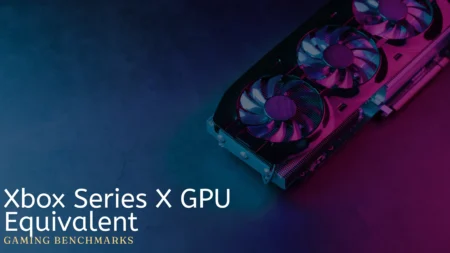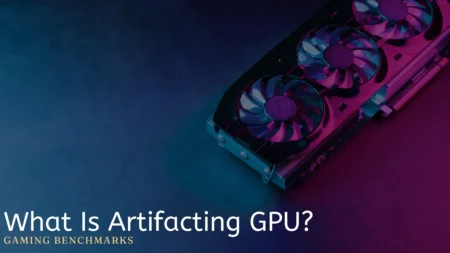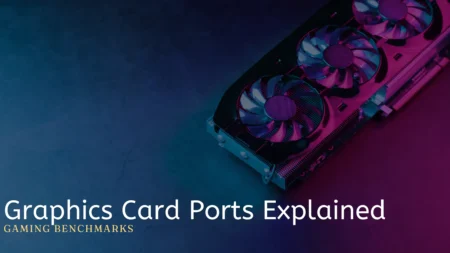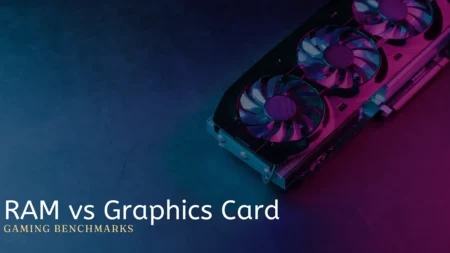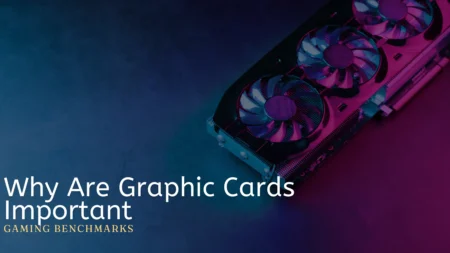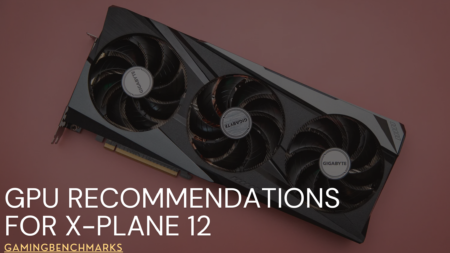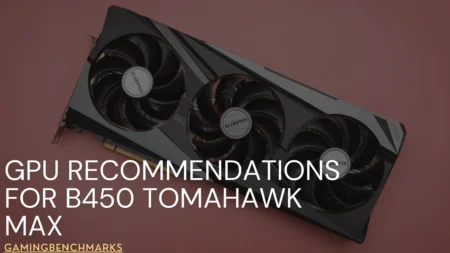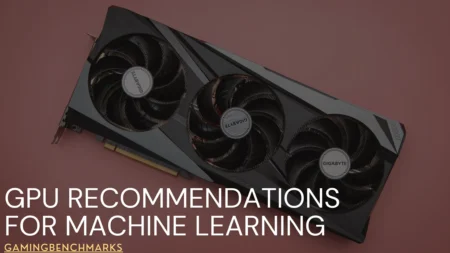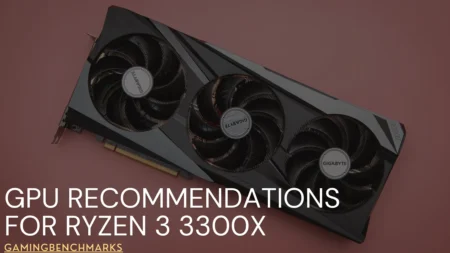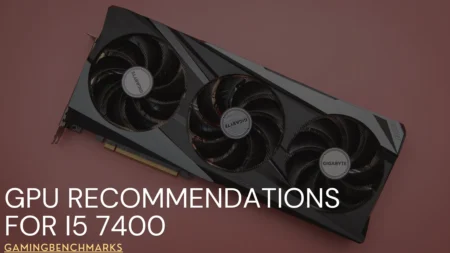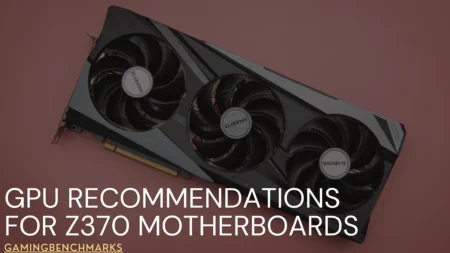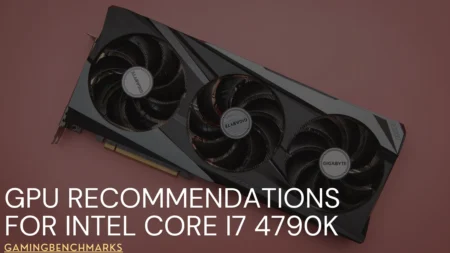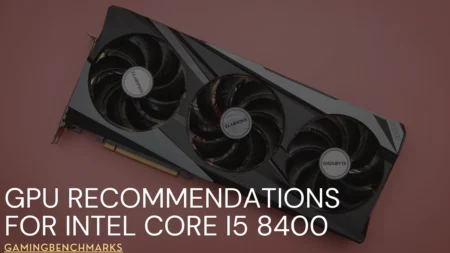Like everything which generates heat in machines, there is a fan. Let it be a car, CPU, or any machine, there is always a cooling device to cancel out the heat.
Similarly, GPUs have a fan, but we don’t always see them spinning, especially people who have got themselves a transparent case.
Do GPU fans always spin? Or do they not? You must be confused thinking about this question.
Well, a straightforward answer to this question is they don’t always keep spinning. If that was the case, you must’ve seen them. They spin at specific temperatures when needed.
To explain them better, let us move on to when and how GPU fans spin.
Is it normal that GPU fans always spin?
Before explaining do these fans run at normal speeds or not, let me tell you it is fully normal that a fan isn’t running 24/7. The secret behind the GPU fan theory is that it only spins when needed, and this feature is present both in AMD and Nvidia cards.
These fans are automatically programmed to be turned on whenever they detect a temperature too high which needs the fan to spin. Similarly, as soon as the temperature returns to normal, these fans will stop as they started.
In contrast, if you constantly hear your GPU fan running inside the case, especially if it’s an Nvidia one, you might check the settings because this is not normal.
It’s all very simple and easy to understand, isn’t it?
Should Graphic Card Fans Always Spin
This depends on case to case. A GPU fan normally only runs when needed to avoid any kind of extra noise or wearing out the components. This helps users focus on their tasks.
Similarly, some advanced graphics cards have a feature called “fan stop” or “Zero RPM” mode, which allows the fans to stop spinning when the GPU temperature is below a certain threshold. This power-saving feature can help reduce noise and improve the lifespan of the fans, as explained previously.
However, if your graphics card does not have this feature or the temperature is high enough to require active cooling, the fans will typically spin to dissipate heat from the GPU. In this case, it’s important to ensure that the fans are working properly and aren’t blocked by dust or other debris, as overheating can lead to performance issues or even damage the graphics card.
So, in the first case, a GPU shouldn’t always spin, whereas, in the second one, it should. It should be clearer to understand how this question depends on the situation.
What are the benefits of Controlling GPU Fan Running?
In older times, most people who liked to work on their pc for a long time always preferred it as it helped them focus on a specific job. However, the constant movements of the fans acted as a moment buster for many, and people started to get fed up.
After some research, GPU companies introduced the GPU fan control feature, which has now eased many lives. There are a lot of benefits of controlling GPU fan running, which are listed below.
Reduced noise
One of the main benefits of controlling the GPU fan is that it can help reduce noise levels in your computer. Graphics cards can generate a lot of heat, which can cause the fans to spin up and make a lot of noise. By controlling the fan speed, you can keep the GPU cool while keeping noise levels to a minimum.
Whether you are a gamer or a programmer, everybody loves the quietness of GPU, which helps them focus on their current job. Whether you are doing a clutch or doing the final checks for your code, a sudden buzz would be a complete irritation, and that is why this reduced noise is a feature anyone would die for.
Improved cooling
In addition to reducing noise, controlling the GPU fan can also help improve cooling efficiency. If you are thinking about how a fan only turning on when required help the system remains cool, let me explain;
By adjusting the fan speed to match the temperature of the GPU, you can ensure that the card stays cool and doesn’t overheat. This can help prevent performance issues and extend the lifespan of your graphics card.
Energy savings
Another benefit of controlling the GPU fan is that it can help save energy. By reducing the fan speed when the GPU is not under heavy load, you can reduce the power consumption of your computer.
This is particularly useful for laptops or other mobile devices that rely on battery power, as it can help extend the battery life and get fewer bills for electricity usage.
Customization
In this age, most modern graphics cards come with software that allows you to control the fan speed and customize other settings. This can be useful for gamers and other power users who want to tweak their systems for maximum performance.
For example, you might want to increase the fan speed during intense gaming sessions, so you won’t face any kind of lag during clutches or reduce it during less demanding tasks to save energy.
Extended lifespan
Controlling the GPU fan can help extend the lifespan of your graphics card. Overheating can cause components to degrade or fail over time, so keeping the card cool is essential for longevity. By using fan control software to keep the GPU temperature in check, you can help ensure that your graphics card stays cool and lasts as long as possible.
How hot is too hot for GPU?
Graphics cards are designed to handle heat, but it’s important to monitor their temperatures to prevent damage. Generally, GPUs can safely operate up to 90-95°C (194-203°F) under load.
However, sustained temperatures close to these limits might lead to reduced lifespan or performance.
To play it safe, aim to keep your GPU below 85°C (185°F) during intense gaming or tasks. Modern GPUs adjust their clock speeds and fan speeds to manage temperatures.
If your GPU consistently reaches or surpasses 85°C, consider improving airflow in your case, cleaning dust, or applying fresh thermal paste.
Final Words
Finally, as we have discussed why a GPU fan doesn’t spin, let me share some final words with you.
Some people try to adjust the fan settings by themselves, thinking that the fan noise is too much, especially at high temps. This can harm your GPU, as it is never a good idea to reduce the fan speed when you’re doing power-demanding tasks.
The best idea is not to mess with the default GPU speed and let things go as they are going.
Frequently Asked Questions
Is it normal for GPU fans to not spin?
The fans on your GPU only spin when the card is doing something that requires a lot of work. If the fans aren’t spinning when they should be, you can try cleaning them and making sure there’s nothing stopping them from turning. You should also check that your GPU settings aren’t stopping the fans from running and that your computer has the latest updates for your GPU.
Do all GPU fans spin?
The fans on your GPU don’t always spin. They only start spinning when the GPU gets really hot. When the GPU is doing light work, the heatsink alone can keep it cool enough, so the fans don’t need to spin.
At what temperature should GPU fans spin?
If the temperature of your GPU goes above 63℃, the fans will start spinning to help cool it down. This is because higher temperatures can damage the GPU, and the fans are needed to dissipate the heat.

